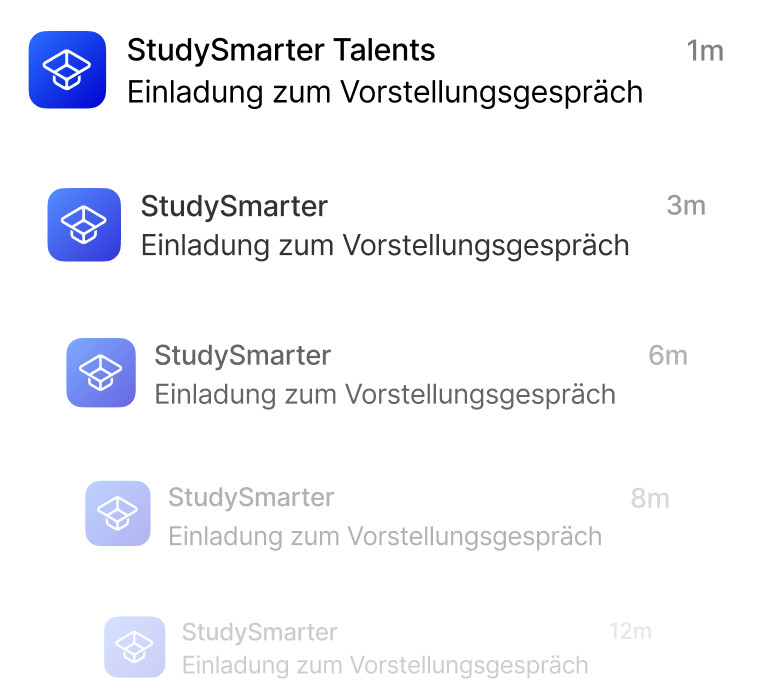Auf einen Blick
- Aufgaben: Develop algorithms for analyzing multimodal spatial single-cell data using machine learning.
- Arbeitgeber: Join the vibrant research group at the Würzburg Institute of Systems Immunology.
- Mitarbeitervorteile: Enjoy a competitive salary, excellent infrastructure, and collaboration with AI experts.
- Warum dieser Job: Make an impact in understanding cell interactions in health and disease while working in a dynamic team.
- Gewünschte Qualifikationen: PhD in relevant fields, programming skills in Python, and experience with single-cell data analysis required.
- Andere Informationen: Applications from women and disabled candidates are encouraged.
Das voraussichtliche Gehalt liegt zwischen 48000 - 72000 € pro Jahr.
The group of „Quantitative Single-Cell Biology of the Immune System“ () at the Würzburg Institute of Systems Immunology, Julius-Maximilians-University Würzburg, is looking for a computational postdoc for multimodal spatial single-cell data analysis using machine learning and artificial intelligence. The research group of Prof. Dr. Dominic Grün studies regulation of cell fate decision in multicellular tissues in the context of development, disease, and regeneration.
You will focus on the development of new algorithms for dynamic modeling of cell-cell interactions in tissues by integrating multimodal single-cell sequencing data with single-cell resolution spatial transcriptomics data. You will apply machine learning approaches for in silico prediction of the effect of cell-specific gene perturbations on the tissue niche across spatial scales and molecular layers, and adapt approaches for gene regulatory network analysis to describe cellular networks in tissues towards inferring cellular circuits.
You will interact with experimental scientists in the lab to design single-cell sequencing and spatial transcriptomics experiments for addressing specific hypotheses related to disease response and regeneration in liver, heart, and bone marrow.
You will join an international vibrant hybrid group of experimental and computational biologists at the Institute of Systems Immunology with excellent computational and experimental infrastructure. The group is affiliated with the CAIDAS Center for Artificial Intelligence and Data Science () providing opportunities for direct collaboration with machine learning experts, to enable transfer of cutting-edge data science to single-cell analysis.
This position will initially be given for two years with the option to be extended. Salary and benefits are based on the public service positions in Germany (TV-L).
Expected qualifications:
- PhD in natural sciences, physics, life sciences, informatics, mathematics (or similar)
- Programming proficiency in Python (PyTorch, scikit-learn etc.), and ideally R
- Proficiency of deep learning and other machine learning techniques
- Experience with single-cell sequencing data analysis
- Experience with image analysis is a plus
- Experience with data visualization
- At least one first author paper in an international peer-reviewed journal
- Fluency in English
The University of Würzburg strives to increase the proportion of women in research and teaching and therefore expressly requests applications from suitably qualified female scientists.
Severely handicapped applicants will be employed preferentially if their aptitude is otherwise essentially the same.
Please submit your application documents by December 15th to
#J-18808-Ljbffr
Postoc in Machine Learning of Multimodal Spatial Single-Cell Data Arbeitgeber: Universität Würzburg

Kontaktperson:
Universität Würzburg HR Team
StudySmarter Bewerbungstipps 🤫
So bekommst du den Job: Postoc in Machine Learning of Multimodal Spatial Single-Cell Data
✨Tip Number 1
Familiarize yourself with the latest advancements in machine learning techniques, especially those related to single-cell data analysis. This will not only enhance your understanding but also allow you to discuss relevant topics during interviews.
✨Tip Number 2
Engage with the research community by attending conferences or webinars focused on single-cell biology and machine learning. Networking with professionals in the field can provide valuable insights and potentially lead to collaborations.
✨Tip Number 3
Showcase your programming skills by contributing to open-source projects or creating your own tools for data analysis. This practical experience can set you apart from other candidates and demonstrate your commitment to the field.
✨Tip Number 4
Prepare to discuss your previous research experiences in detail, particularly any work involving single-cell sequencing or machine learning. Be ready to explain how your skills can contribute to the specific goals of the research group at the University of Würzburg.
Diese Fähigkeiten machen dich zur top Bewerber*in für die Stelle: Postoc in Machine Learning of Multimodal Spatial Single-Cell Data
Tipps für deine Bewerbung 🫡
Understand the Research Group: Familiarize yourself with the work of the 'Quantitative Single-Cell Biology of the Immune System' group. Read recent publications by Prof. Dr. Dominic Grün to understand their research focus and methodologies.
Tailor Your CV: Highlight your relevant experience in machine learning, single-cell sequencing data analysis, and programming skills in Python and R. Make sure to include any first-author publications and specific projects that align with the job description.
Craft a Strong Cover Letter: Write a personalized cover letter that explains your interest in the position and how your background fits the requirements. Mention your experience with deep learning techniques and any collaborative projects with experimental scientists.
Prepare for Potential Interviews: Be ready to discuss your previous research, particularly any work related to cell-cell interactions or spatial transcriptomics. Prepare to explain your approach to problem-solving in computational biology and how you would contribute to the group's goals.
Wie du dich auf ein Vorstellungsgespräch bei Universität Würzburg vorbereitest
✨Showcase Your Technical Skills
Be prepared to discuss your programming proficiency in Python, especially with libraries like PyTorch and scikit-learn. Highlight any projects or experiences where you've applied machine learning techniques to single-cell sequencing data analysis.
✨Demonstrate Your Research Experience
Make sure to talk about your PhD research and any first-author papers you've published. Discuss how your work relates to the regulation of cell fate decisions and how it can contribute to the group's focus on disease response and regeneration.
✨Prepare for Collaborative Discussions
Since you'll be interacting with experimental scientists, think about how you can bridge computational and experimental biology. Be ready to propose ideas for designing experiments that integrate single-cell sequencing and spatial transcriptomics.
✨Express Your Interest in Multimodal Data Analysis
Show enthusiasm for developing new algorithms for dynamic modeling of cell-cell interactions. Discuss any relevant experience you have with integrating multimodal data and how you envision applying machine learning to infer cellular circuits.

